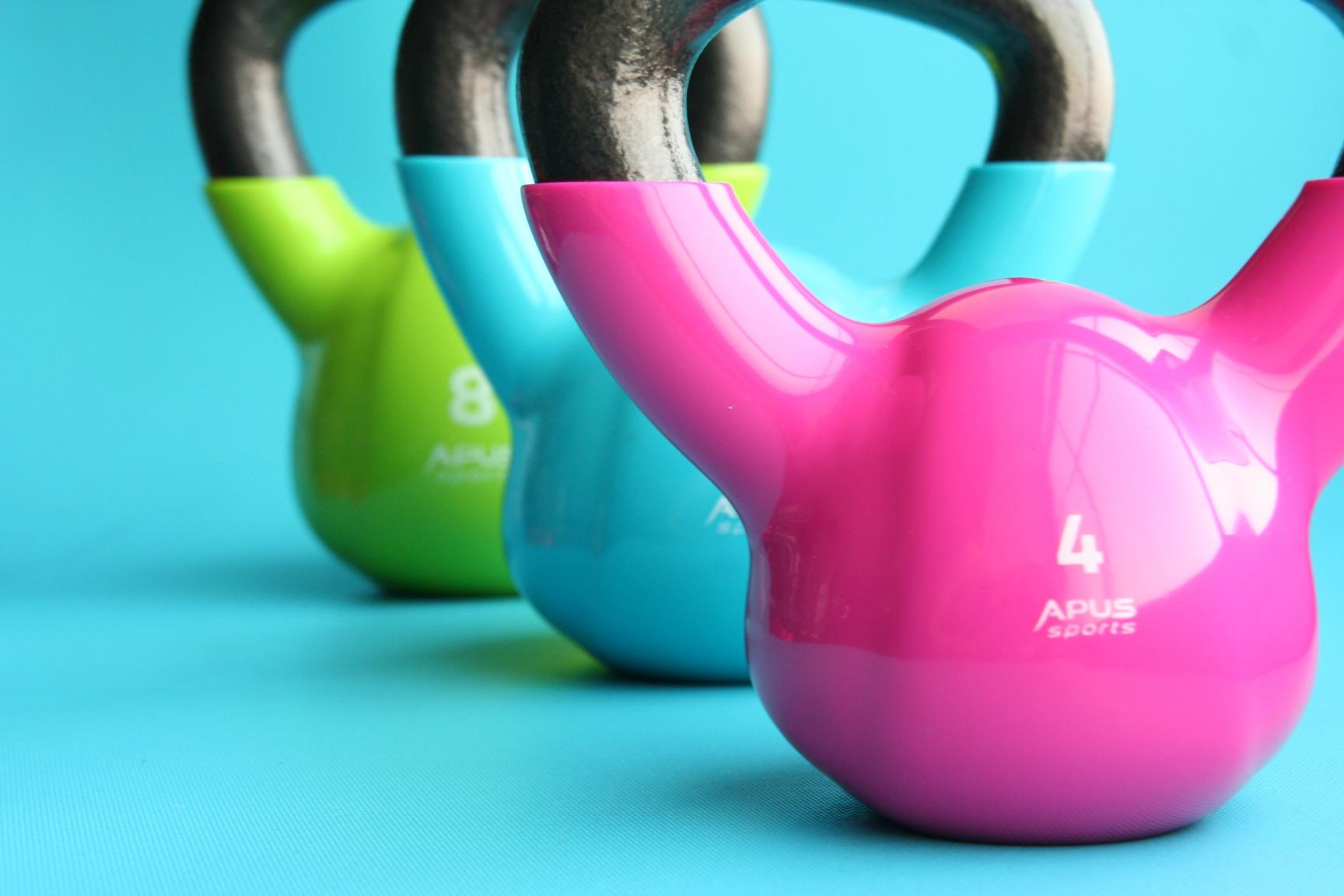Did you know that our mouth is home to over 6 billion bacteria? Prophylaxis is a medical term that refers to the teeth-cleaning procedure being done by dentists to prevent tooth decay and other dental diseases. We’re recommended to visit a dentist at least every six months to have our teeth cleaned.
Prophylaxis is most effective when proper oral hygiene is maintained afterward. Read on to find out the seven best tips from experts on keeping our teeth clean after this procedure.
Properly brush your teeth. Regularly brushing our teeth using proper brushing techniques is one of the simplest things we can do to protect our mouth. Cover all sides of the teeth (front, back, and top), and don’t forget to include the tongue. Use small strokes and do the brushing in sections. Brush twice per day – “overbrushing” can damage the teeth.
Be mindful of the toothpaste you’re using. While fluoride is an essential component of toothpaste, some products contain other harmful ingredients that may put our oral health at risk. These include titanium dioxide, triclosan, and aspartame, among others.
Use a mouthwash. Brushing alone can’t help us maintain the cleanliness of our teeth. Apart from flossing, using mouthwash once per day can help rinse away stains and other bacteria.
Eat healthily. Right after cleaning, dentists recommend avoiding eating acidic foods like oranges and foods with small pieces that can get stuck between the teeth or in the gums. On a long-term basis, cutting down on sugar can benefit our dental health — this includes avoiding soda.
Quit smoking. Smoking is incontestably dangerous for the health — including our mouth and teeth. Not only will it stain our teeth, but it can also corrode the gums and boost bacterial production. Worse, this habit can eventually lead to oral cancer and other respiratory diseases.
Consult your dentist if any discomfort persists. Pain and swelling are common occurrences after prophylaxis. Dental experts may recommend taking over-the-counter medications to help manage this discomfort. If it persists, it’s better to talk to a professional than DIY your way into treating it.
Make regular visits to your dental clinic. As stated, deep-cleaning our teeth should be done at least twice a year. The frequency may vary, however, depending on your current oral health condition.
The Consequences Of Not Having Your Teeth Professionally Cleaned
Prophylaxis is a preventive measure to keep your dental health in great condition. When a dentist professionally cleans the teeth, tartar and plaque buildup are removed. These are the two of the most common causes of tooth decay and gum disease. If you skip this procedure, you’re more likely to develop oral diseases.
However, beyond the mouth, poor oral health can affect other parts of the body. Studies have found out that periodontal disease can cause bacteria to enter the bloodstream, which can trigger heart disease and stroke. It can also affect the respiratory system. People with gum disease are also considered to be more at risk of developing blood and kidney cancers.
If you are looking for a dentist who uses gentle modern dentistry to make sure your family has their perfect smile, then book an appointment with Reston Dental Care. Visit our website to learn more.

